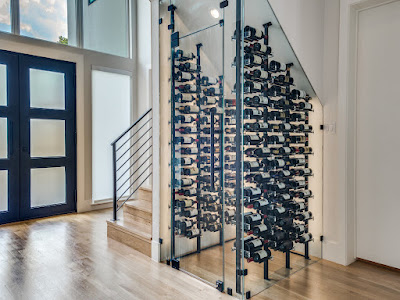Why Does Wine Taste Better on a Plane?
While “better” is quite subjective; it’s probably more accurate to say, “different.” Studies have shown that one’s sense of taste and smell are indeed affected by elevation, and more so, inside the airtight, environmentally controlled fuselage of a plane. Let’s look at how flying affects our senses, and how that might make a wine taste better to some people. How Flying Affects Your Senses According to the BBC , our sense of taste decreases by about 30% when we’re at higher altitudes. At 30,000 feet, the humidity inside a plane is around 12% — drier than a desert. And since our olfactory system requires a substantial amount of moisture to work effectively, we lose a fair amount of our sense of smell when the air is too dry. Our taste buds can detect only sweet, salty, bitter, sour, and umami sensations. It’s actually our nose that parses the different flavor nuances in a wine (e.g., cherries, tobacco, and vanilla). In fact, 80% of what we “think” we taste, we technically smell. Th...


